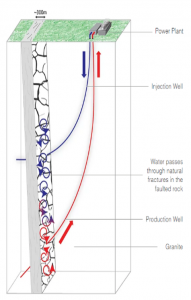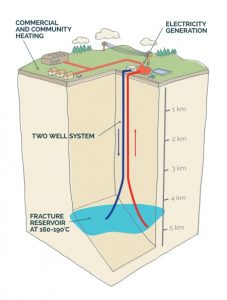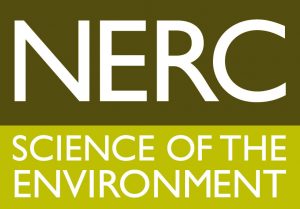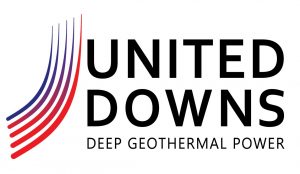The projects and research highlighted have been carried out by a number of companies and organisations (all listed below), many of which are not linked to the GeoAtlantic project. This page aims to disseminate and promote their work.
[mapsmarker layer=”1″]
GWATT – Geothermal Power Generated from UK Granites
The University of Exeter’s Camborne School of Mines are working in collaboration with British Geological Survey on the NERC funded GWatt project, looking into the potential for Engineered Geothermal Systems (EGS) as a major future energy resource.
It aims to:
- Increase knowledge of the geological conditions needed for deep fracture-controlled fluid flow within granitic rocks.
- Develop a quantitative understanding of the heat resource and sustainability of the geothermal reservoir.
- Construct robust geological risk assessments based on well-established oil and gas uncertainty quantification and optimisation methods, with a view to reducing perceived risks.
- Apply the integrated results of site-specific research to new geothermal exploration models for other granites, particularly those in South West England.
REMIX project
The REMIX project encourages resource efficient and environmentally and socially acceptable production of raw materials.
It brings together partners and stakeholders across 9 regions of Europe, at different stages of the mining cycle, to share knowledge and develop best practice guidelines.
In Cornwall, the Camborne School of Mines (University of Exeter) are bringing together stakeholders to help create a ‘Georesources Cornwall’ document for Cornwall Council, advising on what mining related opportunities Cornwall has and how best to encourage them.
As part of this document it plans to outline the potential for electricity generation from deep geothermal energy, but also the value and opportunity of mine water and other low temperature geothermal resources.
United Downs Deep Geothermal Power (UDDGP)
Background

The ‘Hot Dry Rock’ project at Rosemanowes Quarry, Penryn was carried out in the 1980s to investiagate EGS techniques for creating a working geothermal reservoir within rocks that had very low natural permeability. The United Downs Deep Geothermal Power project aims to build on this research to exploit natural fracture structures with higher permeability to create the necessary conditions to extract the heat.
Objectives
UDDGP plans to target a permeable geological structure called the Porthtowan Fault Zone, which lies about 800m to the west of the United Downs site. Two deep wells will be drilled into it; one for injection at around 2,500m depth and one for extraction at around 5,000m. The extracted heat will be used to supply a demonstration power plant to produce electricity. Water will be pumped from the production well, fed through a heat exchanger in the power plant and then re-injected into the ground to pick up more heat from the rocks in a continuous cycle.
Perception of Geothermal Energy
Alongside the work at United Downs, researchers from the University of Plymouth’s Sustainable Earth Institute are undertaking independent research into people’s perceptions of the new technology and what it could mean for their neighbourhood, using a series of focus groups, interviews and surveys.
Professor Iain Stewart, Director of the Sustainable Earth Institute and Principal Investigator on the University’s element of the project, said: “Deep geothermal technology is widely used elsewhere in the world, but it remains fairly new to the UK. However, it does have the potential to become a major source of energy for our country. This is an interesting phase of this ground-breaking project and gauging public opinion is a crucial part of its progress.”
The University research linked to the project is split into three areas:
- Trying to understand how people picture the geological subsurface, and what emotions people feel about a geothermal power project;
- Investigating the impact of the media and social media on communications about geothermal, and using in-depth analysis to assess how people access and interpret any new media information;
- Looking at how to improve the quality and efficacy of communications between companies interested in this new technology and the residents that will live near potential geothermal sites.
Eden Deep Geothermal Energy Project

Background
In partnership with Cornwall-based EGS Energy, the Eden Project have planning permission for a 5-7MW deep geothermal power plant, taking energy from a natural fracture zone in the granite. It hopes to produce enough electricity to power the Eden Project and around 7,000 houses.
Objectives
Two boreholes, each around 25cm wide will be drilled into the rock to a depth of around 4.5km. Similar to the United Downs system, water will be pumped down one borehole into the natural fracture zone, heated by the radiogenic granite to approximately 180°C and then extracted by the second borehole. The hot water will be used in a binary power plant to make electricity.











